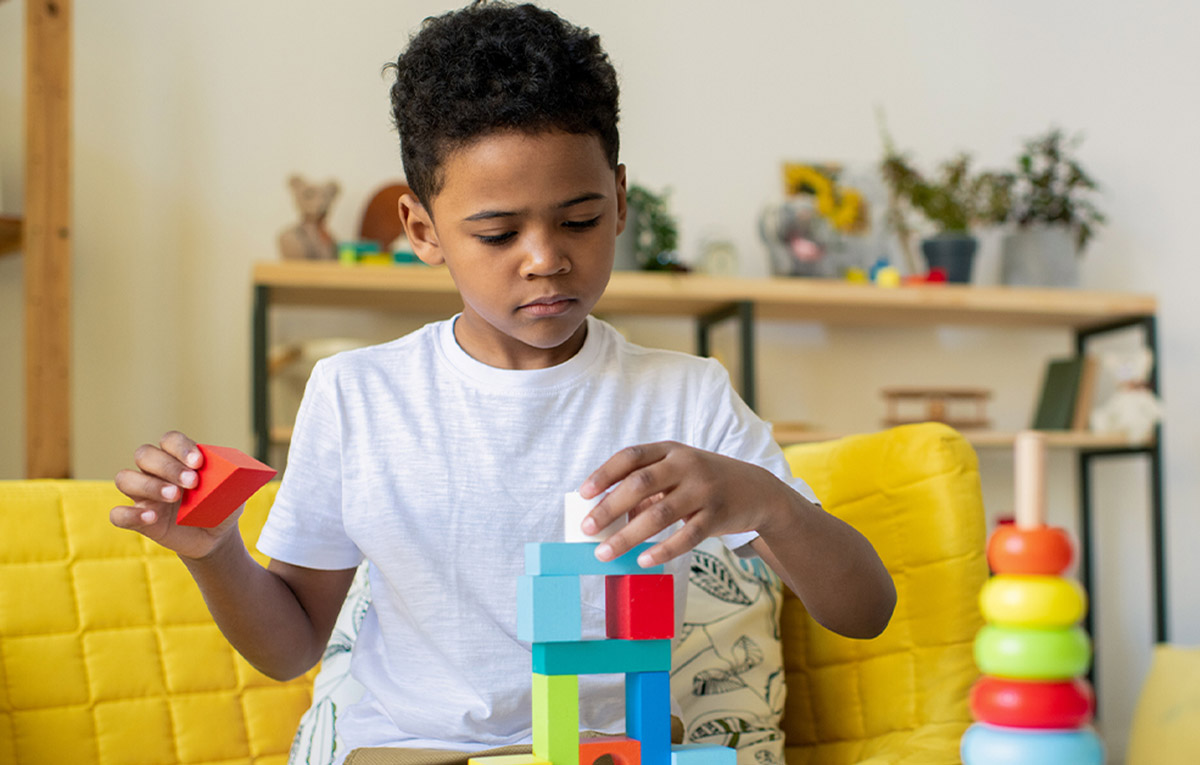
Celebrity reality stars often face pressures that most people never see. Demi Burnett, known from ‘The Bachelor’ and ‘Bachelor in Paradise,’ is now sharing her deeply personal story about living with undiagnosed autism. In a recent interview, Demi revealed that during her time on ‘The Bachelor,’ she drank “copious amounts of alcohol” to mask her struggles. She explained that alcohol became a way to hide her true self and cope with the anxiety and confusion she felt before her autism diagnosis. Her honesty is sparking important conversations about mental health, neurodiversity, and how people often hide their challenges from the world.
Using Alcohol to Mask Autism![Demi Burnett autism 1 - 2025-05-05T132035.133]()
Demi Burnett admitted that she used alcohol as a tool to cover up her autism symptoms while on reality TV. She said, “I was consuming copious amounts of alcohol during The Bachelor, so it should be a great example of seeing how someone can use alcohol to mask”. At that time, she didn’t know she was autistic, but she felt out of place and anxious. Alcohol helped her fit in and act how she thought people expected her to act.
This is a common experience for many people with undiagnosed autism. They may use alcohol or other coping mechanisms to deal with social anxiety, sensory overload, or the feeling of being misunderstood. Demi’s story shows how difficult it can be to navigate the world without answers, and why some people turn to unhealthy habits to cope.
ALSO READ: Understanding Multiple Sclerosis (MS): Why Selma Blair Said She Was ‘Thrilled’ to Get Her Diagnosis
Life After Diagnosis![Bachelor Demi Burnett autism 2 - 2025-05-05T132037.639]()
Demi shared that getting her autism diagnosis brought a huge sense of relief. She finally understood why she felt different and could start learning how to support herself in healthier ways. She has now been sober for nearly four years and is open about her journey. Demi says that understanding her autism has helped her be kinder to herself and not take things personally when social situations are hard.
She also talks about how reality TV, surprisingly, gave her a lot of support. On set, there were people to help with every need, which made her feel safe and understood for the first time in her life. Now, she focuses on building supportive friendships and communities where she can be herself without hiding.
According to the World Health Organization (WHO), about 1 in 100 children worldwide has autism spectrum disorder (ASD). This figure highlights how common autism is across the globe and underlines the importance of early diagnosis and support. The WHO also emphasises that people with ASD often face challenges in accessing health care and social services, making awareness and understanding of autism even more crucial for families and communities.
Breaking the Stigma![autism 3 - 2025-05-05T132346.657]()
Demi wants to break the stigma around both autism and sobriety. She points out that many people with autism have jobs, relationships, and fulfilling lives, despite common stereotypes. She encourages others to seek help and not be ashamed of their struggles. Her story is a reminder that what we see on TV is not always the full story, and that it’s okay to ask for support.
Conclusion
Demi Burnett’s experience sheds light on the hidden battles many people face. Using alcohol to mask undiagnosed autism is a reality for some, but her journey also shows that with the right diagnosis and support, life can become more manageable and joyful. Her openness is helping others feel less alone and more empowered to seek help for themselves.
Also watch this video
How we keep this article up to date:
We work with experts and keep a close eye on the latest in health and wellness. Whenever there is a new research or helpful information, we update our articles with accurate and useful advice.
Current Version


